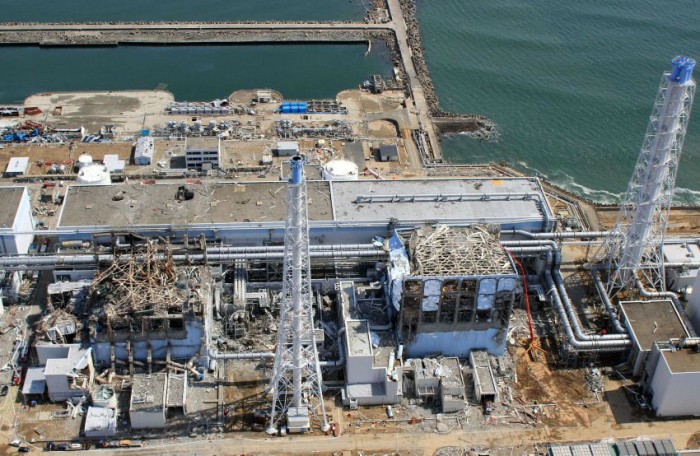Immediately after the first live images of the accident in the Fukushima Dai-ichi nuclear power plant were broadcast all over the world on 11 March 2011, the Swiss Federal Nuclear Safety Inspectorate (ENSI) convened a group of internal experts comprising engineers, geophysicists, nuclear physicists and psychologists.

This interdisciplinary “Japan Team” was assigned the task of collecting and analysing data and information from Japan regarding the nuclear power plant accident in order to use this material as a basis for drawing any applicable conclusions about the safety of nuclear power plants in Switzerland.
On 1 April, based on the first assessments of the progression of the accident by the Japan Team, ENSI ruled that the Swiss nuclear power plant operators must provide proof of their ability to cope with “a very unlikely extreme flood” by the end of June. Among other results, this led to the Mühleberg nuclear power plant leaving the grid ahead of schedule in order to carry out the annual inspection work.
The reports by the power plants were submitted promptly by the end of June. The results of the review of these submissions will be presented to the public by ENSI on 7 September.
ENSI is now presenting – as a “white paper” – a three-part report on the events in the two Japanese nuclear power plants, Fukushima Dai-ichi (Fukushima I) and Fukushima Dai-ni (Fukushima II). The first part, a detailed chronology, is being published today.
A state of emergency was declared for Fukushima Dai-ichi at 15:42 hours on 11 March 2011. The earthquake and the consequent tsunamis led to a total power failure as well as severe destruction and impairment of important safety-related plant components such as the secondary auxiliary nuclear cooling water and the emergency diesel generators.
Damage at the Dai-ni power plant site, located about twelve kilometres further south, was far less. At this site, it was possible to bring all four units into the “cold shutdown” state after restoration of the secondary auxiliary nuclear cooling water supply.
Further information
- The complete report can be downloaded here: ENSI Report on Fukushima I: Event sequences (Chronology)
- ENSI Director Hans Wanner’s comment on the event, “Knowledge Management is ENSI’s Core Business”, is also available (in german)